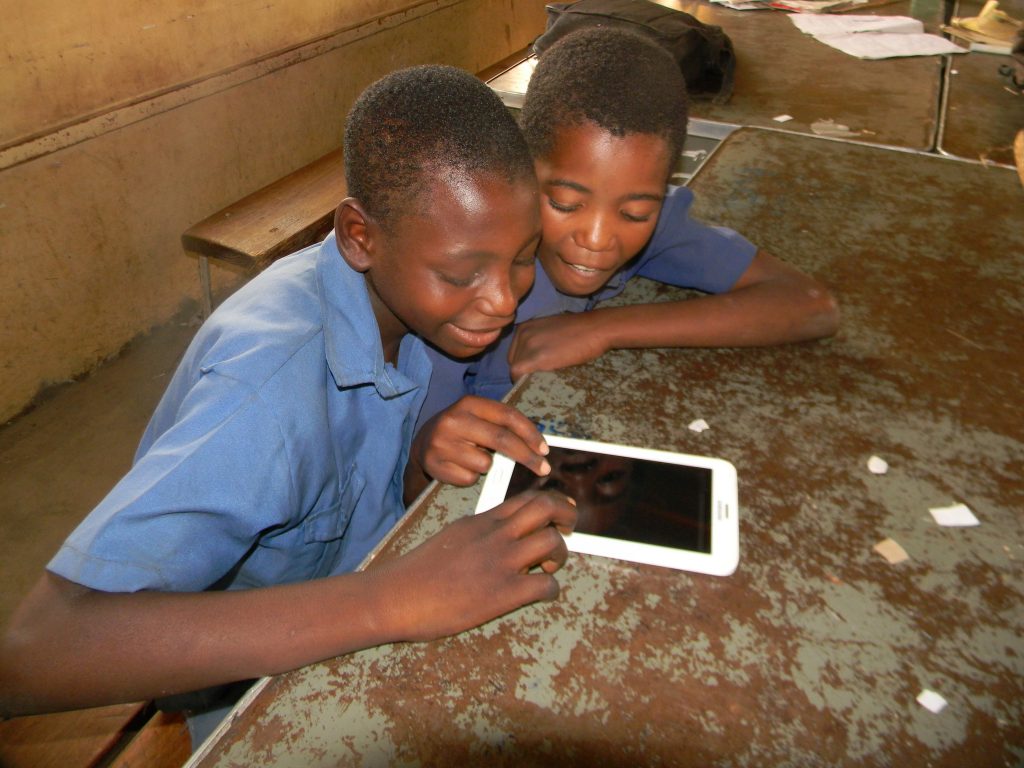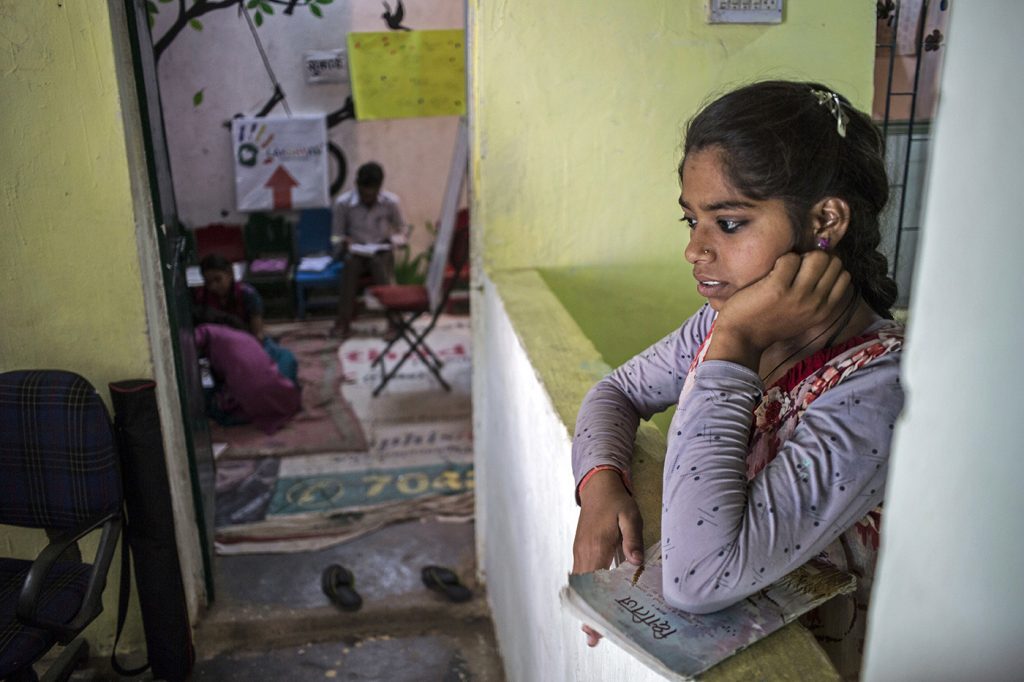Sarah Anyang Agbor reflects on the challenges posed by COVID-19 in Africa and asks how lifelong learning can help the continent respond

Lifelong learning has an essential part to play in shaping the future of our societies. This ambition is reflected in the African Union’s Agenda 2063 vision of ‘an integrated, prosperous and peaceful Africa driven by competent citizens able to play in the global arena’. One of the aspirations of Agenda 2063 is to catalyze an education and skills revolution and actively promote science, technology, research and innovation, with the ultimate aim of building knowledge, human resources, capabilities and skills for Africa’s future. By making universal, lifelong access to quality education a reality, it aims to drive Africa’s economic and technological transformation.
The spread of COVID-19 across Africa has prompted countries to introduce mitigation measures such as border closures and social distancing. These interventions are having a negative impact on already-weak health and education systems, not to mention supply chains, markets and food systems. The lockdown has also affected day-to-day social life in African, particularly in rural areas where means of online communication is limited. Continue reading

